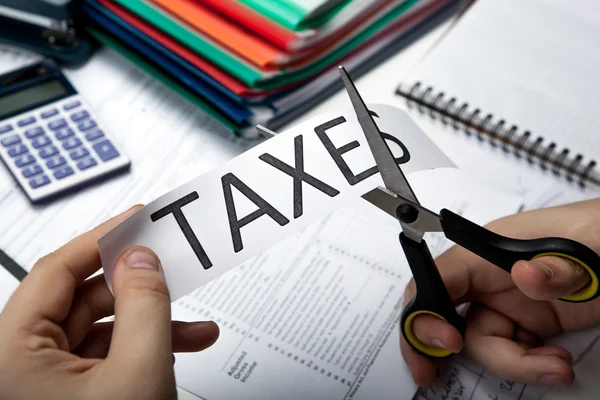Small Business Tax Strategies: Ways to Optimize Your Tax Situation in Los Gatos, CA

Navigating the labyrinth of taxes can be daunting for small business owners. However, by employing savvy tax strategies and seeking the expertise of a CPA in Los Gatos, CA, you can not only alleviate some of the stress but also optimize your tax situation.
Here’s a friendly guide to help you understand how to make the most of your tax dealings.
1. Understand Tax Deductions
Tax deductions are one of the most effective ways to reduce your taxable income. You can start by identifying the costs that qualify as business expenses. Common deductions include office supplies, software subscriptions, and business travel. For instance, if you operate your business from home, you may be eligible for the home office deduction. Keep detailed records of all your expenses to ensure you don’t miss any potential deductions.
Moreover, consider depreciation if you have significant assets like machinery or office furniture. Depreciation allows you to spread the cost of these assets over their useful life, offering a more manageable deduction each year.
2. Leverage Tax Credits
Tax credits are even more beneficial than deductions because they reduce your tax liability dollar for dollar. Research available credits applicable to your business. For example, the Research & Development (R&D) Tax Credit is designed to encourage innovation. If you’re a small business investing in new technologies or improving processes, this credit could be highly beneficial.
Similarly, if you hire employees from targeted groups that face barriers to employment, you might qualify for the Work Opportunity Tax Credit. So, staying informed about such credits can lead to significant savings.

3. Plan for Estimated Taxes
Most small business owners need to pay estimated taxes quarterly. In fact, underestimating these can lead to penalties. To avoid this, calculate your expected income and tax liability early in the year. You can also use previous years’ tax returns as a benchmark and adjust for any changes in your business.
Moreover, it’s also helpful to set aside a portion of your income each month specifically for taxes. This disciplined approach ensures that you aren’t scrambling to cover a large tax bill when deadlines loom.
4. Keep Accurate Records
Meticulous record-keeping is critical for optimizing your tax situation. Not only does it simplify the filing process, but it also provides evidence in case of an audit. So, try to maintain organized records of income, expenses, payroll, and any other financial transactions. You can utilize accounting software to streamline this process and reduce the risk of errors.
Furthermore, regularly reviewing your records can offer insights into your financial health and help you make informed business decisions.
5. Consult with a Tax Professional
While many business owners handle taxes independently, consulting with a tax professional can offer significant advantages. Tax laws are complex and ever-changing, and a professional can help you navigate these intricacies. They can provide personalized advice tailored to your business and ensure compliance with the latest regulations.
In addition, a tax professional can help you identify opportunities for savings that you might not be aware of, potentially offsetting their fees with the money saved.
6. Stay Updated with Tax Laws
Tax laws evolve frequently, and staying informed is crucial for optimizing your tax strategy. You can subscribe to newsletters from trusted financial publications or follow the IRS updates to keep abreast of any changes. In addition, attending workshops or webinars related to business taxes can provide valuable insights.
Being proactive about understanding new laws and regulations ensures you are always compliant and positions you to take advantage of new opportunities as they arise.
Conclusion
Optimizing your tax situation as a small business owner involves a combination of understanding available deductions and credits, planning for estimated taxes, and maintaining thorough records. While these strategies require effort and attention, they can lead to substantial financial benefits.
Don’t hesitate to seek professional advice to maximize your tax efficiency. By staying informed and organized, you can navigate the tax season with confidence and peace of mind, allowing you to focus on what truly matters—growing your business.






